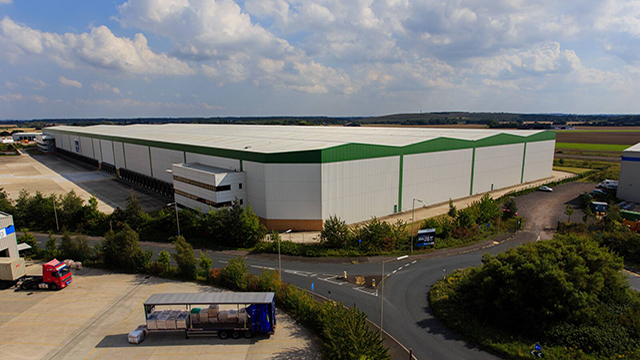The English countryside faces changes which may be as drastic in their impact as any since the enclosures. A major report(*) prepared for the Countryside Commission recommends the Government to shift over a period of years part of its support for excessive food production to conservation of the countryside, increasing access to it, and the provision of more jobs, homes and rural facilities for rural communities.
Technological progress will continue to push up yields and output faster than by growth in demand for food within the European Economic Community, the report says. Any uses for agricultural produce or increased exports to other parts of the world are unlikely to absorb the whole of the potential growth in output of EEC agriculture. It would not be in the UK’s interest to act singly to curb production. However, in order to tackle the surplus problem either a substantial amount of land in the UK could come out of food production or the intensity of production could be reduced, or a combination of these courses pursued. In theory, up to 23% of agricultural land (4m hectares) could be available for other purposes by the year 2000.
A great opportunity exists to establish forestry and woodlands as a multi-purpose activity with the aim not only of producing timber but also of improving the landscape, creating wildlife habitats and providing more recreation sites.
While the vast majority of people live in towns, and many cannot visit the countryside frequently, the rural environment is an immensely important resource. Public enjoyment of the countryside should rank in importance as a land use with food and timber production.
The report points out that rural areas adjacent to towns are the meeting places for conflicting pressures–expanding urban development, protection of agricultural land, demands for better environmental and recreational opportunities, and for better management of land whose use is yet to be determined.
“Moving more people from towns into new suburbs, villages and the wider countryside may be capable of producing benefits for the landowners and the rural economy, and may enable the greening of the cities and improvements to the urban quality of life to be achieved.
“Yet experience has shown that it is a process fraught with problems. The flight from the cities has often been marked by the collapse of urban economies, urban dereliction and social deprivation; outside the cities by sprawl, underfunded facilities, transport chaos and environmental damage; and in both town and country by acute financial and administrative strain.”
It suggests that one way forward is to help farmers to diversify their agricultural businesses and to generate non-agricultural income.
The measures proposed in the report are estimated to cost £320m a year and could create the equivalent of 150,000 full-time jobs by the year 2000. Were this to be achieved, the report says, an expenditure of £320m — by comparison with annual expenditure of over £2,200m on agriculture — would be a small price to pay for the retention of a beautiful countryside and the revitalisation of the rural community.
(*) New opportunities for the countryside. The report of the Countryside Policy Review Panel. Countryside Commission, 19-23 Albert Road, Manchester M19 2EQ. £7.50.










